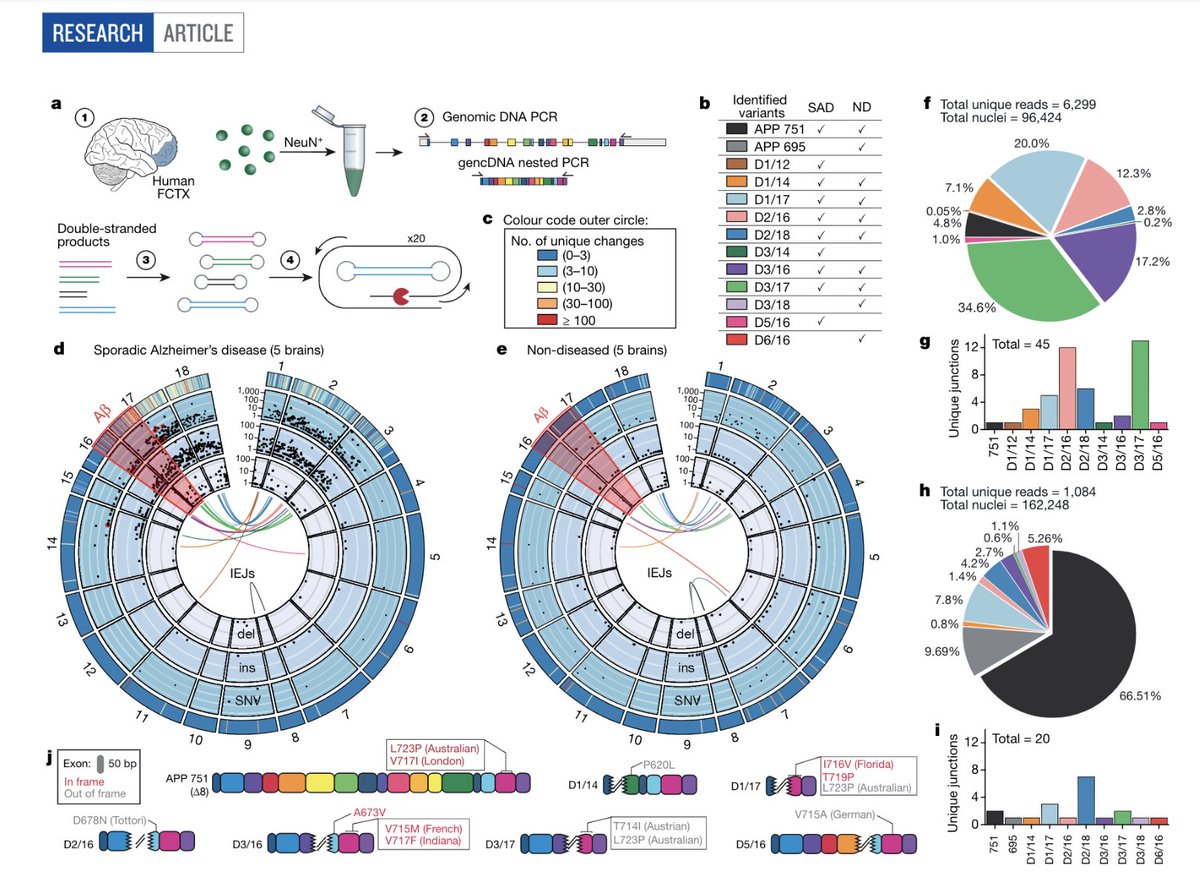
Computer science + Biomedicine = Medicine as a Knowledge Processing Discipline @harvardMED @HarvardDBMI Prof/Dept Chair https://t.co/6qcUd2RfDs MD/PhD @NEJM AI EIC
How to get URL link on X (Twitter) App



 in weight-loss and the hard truths of thermodynamics B) how biology is understood by someone who was not educated/warped by a conventional biological education C) The personality type that allows implementation of a short feedback look on calorific I/O. Med students would 2/
in weight-loss and the hard truths of thermodynamics B) how biology is understood by someone who was not educated/warped by a conventional biological education C) The personality type that allows implementation of a short feedback look on calorific I/O. Med students would 2/ 




 It's not just that they realized that the new variants were being coded by DNA with unusual intragenic splices and not because of errors in splicing and that these variants found in sporadic #Alzheimers were similar to those found in Familial #Alzheimers. CC @alzassociation
It's not just that they realized that the new variants were being coded by DNA with unusual intragenic splices and not because of errors in splicing and that these variants found in sporadic #Alzheimers were similar to those found in Familial #Alzheimers. CC @alzassociation